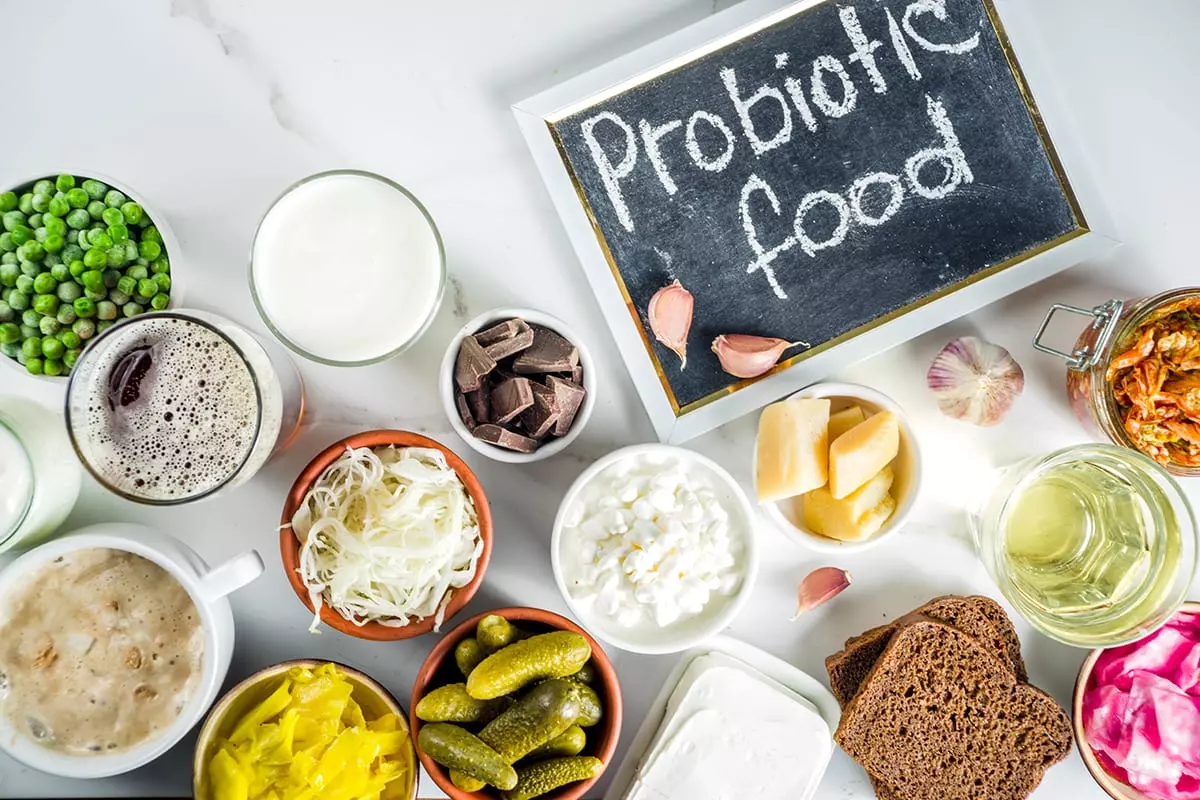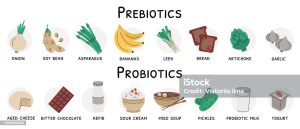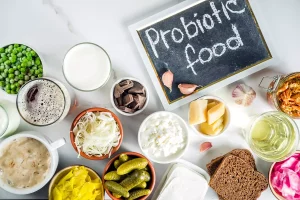The gut, often referred to as the “second brain,” is a remarkable system that influences our overall health. An integral aspect of maintaining a thriving gut is the use of probiotics. These friendly microorganisms, found in yogurt, supplements, and other sources, play a pivotal role in supporting digestive health, enhancing digestion, and fortifying the immune system. In this article, we’ll embark on a journey into the world of probiotics, exploring their significance and uncovering how they can become your gut’s best friends.
The Gut: A Complex Ecosystem
Before we dive into the world of probiotics, it’s essential to understand the digestive system and its significance for our well-being. The gut is an intricate and dynamic ecosystem where food is broken down, nutrients are absorbed, and waste is eliminated. Moreover, it houses trillions of microorganisms, collectively known as the gut microbiome, which significantly influence our health.
A healthy gut microbiome is essential for maintaining optimal digestion, absorbing vital nutrients, supporting the immune system, and even influencing mental health. When the balance of the gut microbiome is disrupted, it can lead to digestive problems, allergies, and a weakened immune system.
Probiotics: The Friendly Bacteria
Probiotics, often referred to as “good bacteria,” are live microorganisms that, when consumed in adequate amounts, offer a range of health benefits. They come in various strains and can be found in foods like yogurt, kefir, sauerkraut, and in the form of dietary supplements.
The roles of probiotics in digestive health and overall well-being are numerous:
- Balancing the Gut Microbiome: Probiotics help maintain a harmonious balance of the gut microbiome, promoting the growth of beneficial bacteria.
- Enhancing Digestion: Certain probiotic strains aid in the digestion and absorption of nutrients, which is essential for overall health.
- Boosting the Immune System: A significant portion of the immune system resides in the gut. Probiotics can enhance the immune response and protect against harmful pathogens.
- Mood Regulation: Emerging research suggests a connection between gut health and mental well-being. Probiotics may play a role in improving mood and reducing symptoms of anxiety and depression.
Sources of Probiotics
Probiotics are available in various sources, making it easy to incorporate them into your diet. Some common sources include:
- Yogurt: Live yogurt cultures contain probiotics. Opt for plain yogurt with active cultures for the most benefits.
- Kefir: This fermented milk drink is rich in probiotics and has a thinner consistency than yogurt.
- Sauerkraut: Fermented cabbage, like sauerkraut, is a source of probiotics. Be sure to choose the unpasteurized variety for the live cultures.
- Kimchi: A spicy Korean dish made from fermented vegetables, kimchi is another probiotic-rich option.
- Dietary Supplements: Probiotic supplements are available in various forms, such as capsules, tablets, or powders. They can be a convenient option if you’re looking for specific strains or a higher concentration of probiotics.
https://media.istockphoto.com/vectors/sources-of-food-prebiotics-and-probiotics-products-vector-id1254290280
The Impact of Probiotics on Digestive Health
The impact of probiotics on digestive health is multifaceted:
- Reducing Digestive Issues: Probiotics can help alleviate common digestive problems like bloating, diarrhea, and constipation.
- Preventing Antibiotic-Associated Diarrhea: When taking antibiotics, the balance of the gut microbiome can be disrupted, leading to diarrhea. Probiotics may help prevent or reduce this side effect.
- Irritable Bowel Syndrome (IBS): Probiotics have shown promise in alleviating symptoms of IBS, a common digestive disorder.
- Inflammatory Bowel Disease (IBD): Some individuals with IBD, such as Crohn’s disease and ulcerative colitis, have reported improved symptoms with probiotic supplementation.
How to Incorporate Probiotics into Your Diet
Incorporating probiotics into your diet can be a simple yet effective way to support your digestive health. Here are some tips to make the most of these friendly bacteria:
- Yogurt and Kefir: Enjoy a serving of plain yogurt or kefir with active cultures as a snack or part of your breakfast.
- Fermented Foods: Add sauerkraut, kimchi, or other fermented vegetables to your meals.
- Probiotic Supplements: If your diet doesn’t provide enough probiotics or if you’re looking for specific strains, consider taking a probiotic supplement. Be sure to consult with a healthcare professional for guidance.
- Diversity: Consume a variety of probiotic-rich foods to promote a diverse gut microbiome, which is associated with better health outcomes.
https://successiblelife.com/wp-content/uploads/2019/05/Probiotic-Foods.jpeg
In Conclusion: Probiotics as Digestive Allies
Probiotics, the friendly bacteria found in yogurt, kefir, sauerkraut, and supplements, are not just a trend; they are essential for maintaining a well-functioning digestive system, strong immunity, and even a happier mood.
Incorporate probiotics into your daily diet and you’ll discover that nurturing your digestive health is a straightforward and rewarding journey. With the support of these friendly bacteria, you can embark on a path to better overall health, one meal at a time.






